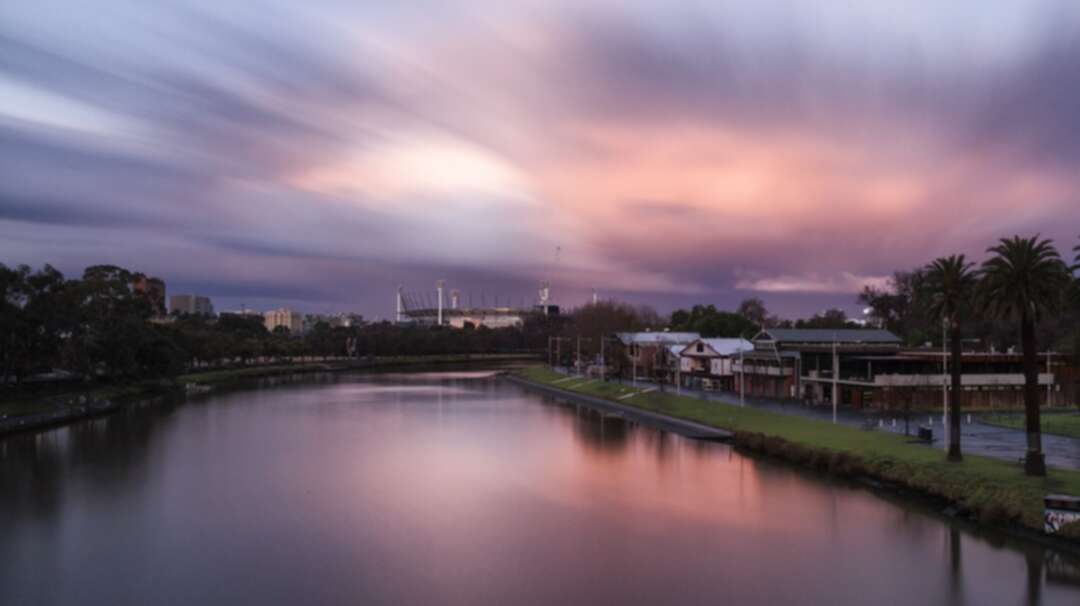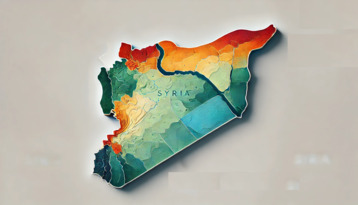-
Facebook accused of blocking Australian health sites

The Anews reported, citing the AFP, a whistleblower group is accusing Facebook of deliberately blocking websites for Australian hospitals and emergency services as part of a negotiating tactic last year.
The social network owned by Silicon Valley tech giant Meta was lobbying to weaken a proposed law requiring it to pay news providers in Australia when it blocked all such content from its platform in February 2021.
But the algorithm also blocked other websites in what the company maintained was an accident, telling AFP on Friday that "any suggestion to the contrary is categorically and obviously false."
A Meta spokesperson said: "We intended to exempt Australian government pages from restrictions in an effort to minimize the impact of this misguided and harmful legislation."

"When we were unable to do so as intended due to a technical error, we apologized and worked to correct it."
However, US-based organization Whistleblower Aid alleged it was actually a Meta ploy in filings with the US Department of Justice and the Australian Competition and Consumer Commission, first reported in the Wall Street Journal on Thursday.
Russian court labels Meta platforms as 'extremist organization', outlawing Facebook, Instagram
The organization said in a statement that Facebook's five-day blackout of news content providers had deliberately "overblocked" local governments, health services and other sites that were providing support for vulnerable people.
The group said, the intention was to force the government to weaken the proposed law.
Whistleblower Aid chief Libby Liu said: "This wasn't just an example of a corporate actor behaving recklessly. Facebook intentionally put lives at risk to protect its bottom line."
Rohingya refugees in UK and US sue Facebook for $150bn over hate speech
Shortly after the blackout, Australia passed a law forcing Facebook to negotiate with news content providers, but politicians watered down some of the most onerous proposals.
Source: anews
You May Also Like
Popular Posts
Caricature
BENEFIT Sponsors Gulf Uni...
- April 17, 2025
BENEFIT, the Kingdom’s innovator and leading company in Fintech and electronic financial transactions service, has announced its sponsorship of the “Innovation and Sustainable Technology Solutions Competition (GU - IST Solutions), hosted by Gulf University at its main campus.
This strategic sponsorship reflects BENEFIT’s active role in advancing technological innovation and fostering sustainable solutions to future challenges. It also seeks to empower Bahraini youth by enhancing their skills, capabilities, and competitiveness in innovation and solution development—contributing meaningfully to the broader goals of sustainable development across all sectors.
As part of BENEFIT’s active involvement in the competition, the company has announced that Hanan Abdulla Hasan, Senior Manager of Public Relations and Communication, will serve on the competition’s supervisory committee. Her upcoming participation reflects BENEFIT’s forward-looking commitment to championing academic and professional excellence.
Commenting on the occasion, Hanan Abdulla Hasan, Senior Manager of Public Relations and Communication at BENEFIT, said, “We are privileged to support this pioneering initiative, which aligns seamlessly with BENEFIT’s enduring commitment to fostering innovation and nurturing the potential of Bahrain’s youth. Our participation is rooted in a deep sense of social responsibility and a firm belief in the pivotal role of innovation in shaping a sustainable future. Through such platforms, we seek to empower the next generation with the knowledge, skills, and foresight required to develop impactful solutions that address future challenges, in line with the United Nations Sustainable Development Goals 2030.”
Dr. Aseel Al Ayash Dean of the College of Engineering in Gulf University commented, “We extend our sincere gratitude to BENEFIT for their generous sponsorship and support of the Innovation and Sustainable Technology Solutions Competition. This contribution plays an instrumental role in helping us achieve the strategic goals of this initiative, namely, cultivating a culture of innovation and sustainability, encouraging efforts that address the imperatives of sustainable development, and enhancing the practical and professional capabilities of our students and participants.”
The event will bring together a diverse spectrum of participants, including secondary school students, university undergraduates, engineers, industry professionals, entrepreneurs, academic researchers, and subject matter experts representing a wide range of disciplines.
The competition seeks to inspire participants to develop and present innovative, sustainable technologies aimed at addressing pressing environmental, social, and economic challenges. It encourages the formulation of business models that integrate advanced technological solutions with core principles of sustainability. Moreover, it serves as a platform for emerging leaders, entrepreneurs, and innovators to contribute to the advancement of the Sustainable Development Goals, promote the ethos of responsible technology, and demonstrate its transformative potential across various sectors.
Attendees will have the opportunity to view a series of project presentations submitted by participants, covering diverse areas such as eco-friendly product design, smart and sustainable innovations, renewable energy technologies, water conservation and management, waste minimisation and recycling, green architectural solutions, and sustainable transportation systems. Outstanding projects will be formally recognised and awarded at the conclusion of the event.
opinion
Report
ads
Newsletter
Subscribe to our mailing list to get the new updates!






















